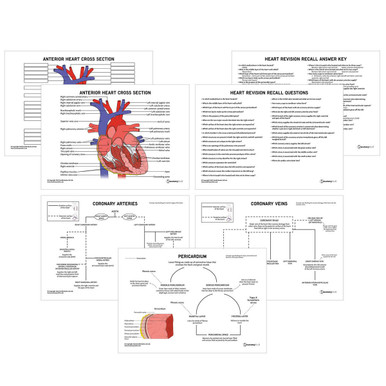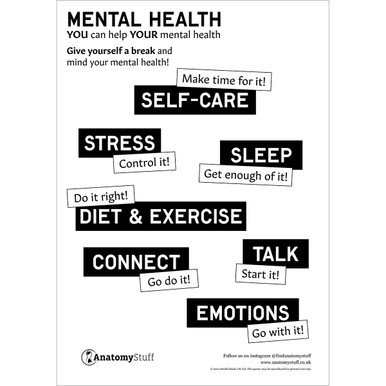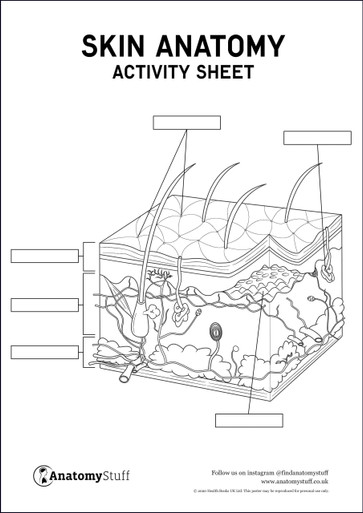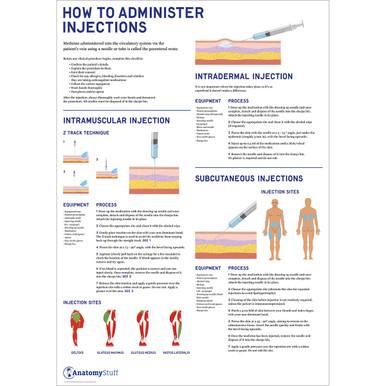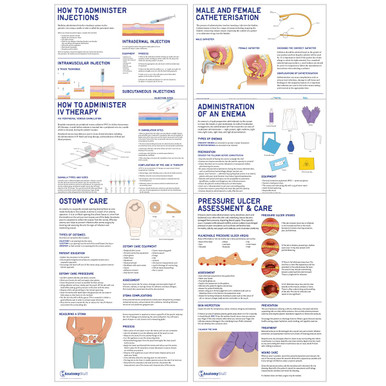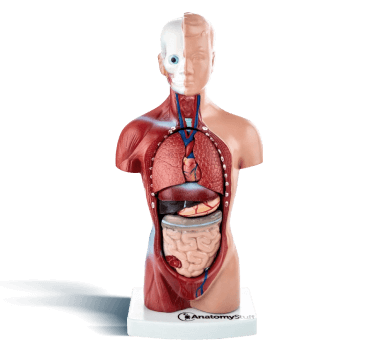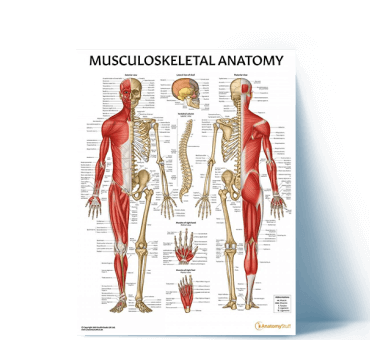Written by: Emilia Smith, 4th Year Medical Student
University of Manchester
Clinical years of Medical School – Tips
If you are a medical student in your 3rd or 4th year, you will probably be starting your ´clinical years´. This involves spending most of your time learning and gaining important hands-on experience at hospitals or primary care settings such as GP surgeries. Compared to the first few years of medical school, this can be quite a big jump, with your day-to-day timetable looking very different and often much busier. To support you with this transition, I, as a final year student, have complied my top tips and advice for students starting their clinical years:
1) Make notes
During placement, you will see and hear about so many patients with complex, interesting (and sometimes confusing) symptoms, test results and diagnoses. However, on the busy ward, you will not always have time to take detailed notes or look things up online. Therefore, I highly recommend carrying a small notepad or device with you to jot down quick summaries (ideally, a small one to fit in your scrubs pocket). This will ensure you do not forget what you have seen, and you can then review and revise the cases when you have some free time.
2) Confidentiality is key
When you attend the morning ward round, you will be given a list of patients being reviewed that day. This document includes confidential and identifiable data such as patients’ full name, their date of birth and a summary of their medical notes. Do not forget to discard this information safely and appropriately before leaving the ward. Every ward will have a secure place, such as a shredder and if you’re unsure where it is, ask a member of staff.
In addition, your medical school will probably require you to document learning points from patients that you see. When writing about these patients, use general phrases such as “female, aged 40, presented to A+E 3 days ago with RUQ pain.” Avoid using names of patients, family members or other traceable information such as the hospital name.
Free Download PDFs
View All3) Don’t be afraid to ask for help
Hospitals can be big and confusing, and you will probably get lost a lot in your first few weeks! This is completely normal, so don’t be afraid to ask people for directions. You might also have queries about parking, the canteen, transport and so on. Email your medical school, and they will be happy to help. Change can be daunting, and it’s ok to have lots of questions!
On a more serious note, if you have concerns about anything you have experienced on placement, such as rude or inappropriate behaviour, do not hesitate to contact your supervisor or medical school. Additionally, you might see things that make you emotional or bring up personal experiences or memories. Again, speak to your supervisor straight away, and they can support you.
4) Experience lots of different things
You will have lots of flexibility on placement, so utilise this! For instance, a typical timetable might include a morning teaching session and then free time on the ward in the afternoon. During this free ward time, aside from completing any mandatory weekly tasks (such as taking histories from patients or practising clinical skills such as cannulation), make sure you also do and see things you enjoy. You might be able to follow a patient into surgery, watch an interesting bedside procedure or join an MDT meeting, for example! Just ask the staff or your supervisor, and they will be willing to help you.
Overall, I hope you thoroughly enjoy your clinical years of medical school! You will have many exciting experiences that will help you prepare for life as an FY1 doctor. Additionally, you will meet such a diverse mix of patients with individual and unique backgrounds and experiences. Some of these patients will stick with you forever, teaching you not just about the medical side of things but also about life in general.
Good luck and have fun!
Why not use our resources and supports, such as our in-depth revision guides or simply have a read through our extensive clinical skills free resources, along with numerous helpful free downloads that will support you through the clinical years.
We also have an amazing FREE Anatomy Revision Hub full of useful resources for medical students.
Related Products
View All
